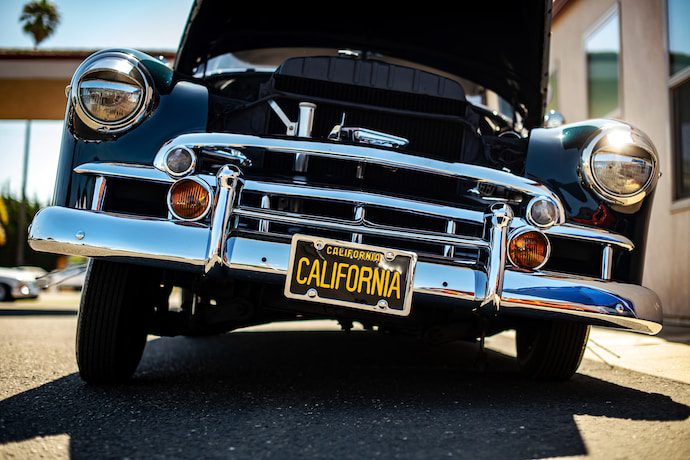
Drivers in California must carry auto insurance and meet the state’s minimum coverage levels. Here are the key requirements to know.
Liability Insurance
California requires all drivers to carry liability insurance. This covers injuries and property damage you cause to others when an accident is your fault.
The minimum liability limits are:
- $15,000 bodily injury liability per person
- $30,000 bodily injury liability per accident
- $5,000 property damage liability
Having only minimum liability limits means you may need to pay out-of-pocket if damages exceed your coverage. Higher limits provide more protection.
Uninsured/Underinsured Motorist
Uninsured motorist coverage protects you when an at-fault driver has no insurance.
Underinsured motorist coverage kicks in when an at-fault driver lacks sufficient coverage to pay for your damages.
California requires a minimum of $15,000/$30,000 in uninsured motorist bodily injury coverage.
Collision and Comprehensive Coverage
Collision and comprehensive are optional but recommended.
Collision covers damage to your car from an accident.
Comprehensive covers theft, vandalism, fire, flood, and animal collisions.
Proof of Insurance
Drivers must carry proof of auto insurance in their vehicle at all times. You must provide it if law enforcement requests it.
Penalties for No Insurance
The penalties for driving without insurance in California include:
- Fines up to $500
- Vehicle impoundment
- Driver’s license suspension
